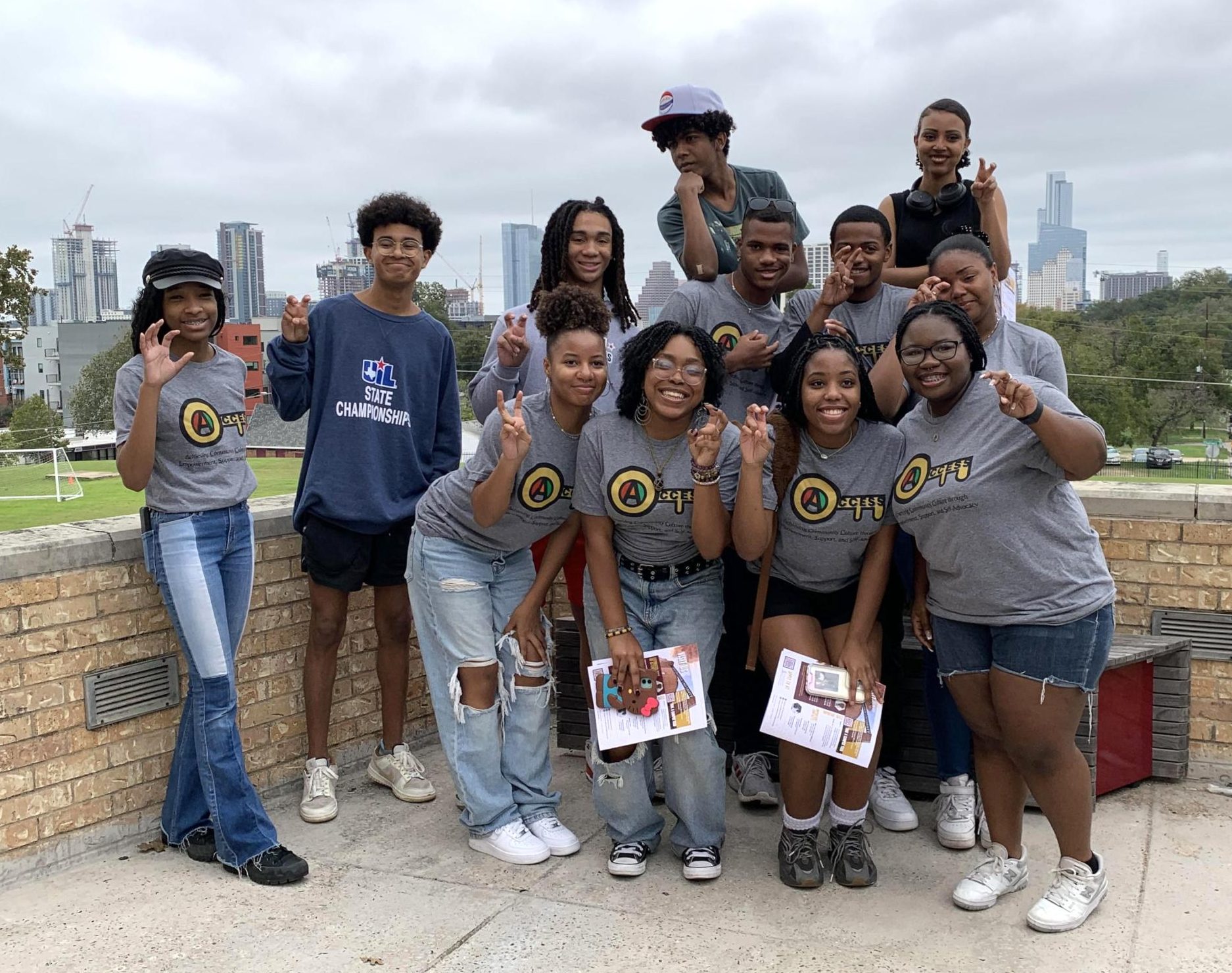February is not just a month on the calendar; it is a time to honor the contributions and legacies of African Americans across U.S. history. It’s an opportunity to listen, empathize, and celebrate. From civil rights activists such as Harriet Tubman, Malcolm X, Marcus Garvey and Rosa Parks to leaders in industry, politics, science, culture and more, we are brought through the lived experiences of those who paved the way for justice and equality. It is a reminder that history continues to shape our present and a more inclusive and compassionate future.
With a mission rooted in inclusivity, ACCESS (Achieving Community Culture through Empowerment, Support, and Self-Advocacy) has continually evolved to provide a platform for Black students and allies to come together, share experiences, and advocate for positive change within our school community. Led by counselors Peggy Morisset and DeAngelo Freeman, the club aims to create an environment where Black students can truly be themselves and find solidarity among peers who share similar experiences and backgrounds. With the ultimate goal of developing leaders and uniting the Black community, they commit themselves to uplifting and empowering their community.
“[ACCESS] has made my high school experience even more fun because I found people who have had similar life experiences to me and also share the same culture/values,” senior Afnan Gabir said. “Through the club, I was able to make more friends and express my identity more comfortably. I was also provided with various opportunities, like scholarships and college visits that helped me succeed more in high school.”
For Black History Month, students have taken initiatives such as creating informative posters highlighting prominent Black figures and hosting history-specific meetings to celebrate Black heritage. These student-led efforts not only raise awareness about the significance of Black history but also create a sense of unity and appreciation for diversity within our school community.
“These activities aren’t just about studying history,” junior Mark Mays said. “They’re about all the amazing things Black people have done. It’s our time to shine, celebrate our culture and keep our legacy alive.”
Yet, the topic of Black history remains controversial even today, whether it’s being discussed in school board meetings, debated in state legislatures, or even addressed in libraries. Several states including Texas, Tennessee, and South Carolina have recently enacted laws limiting the teaching of race and racism. Additionally, a newly established rule in Florida prohibits the teaching of the 1619 Project, aiming to reshape the nation’s history by emphasizing the impacts of slavery and the contributions of Black Americans, in public schools. Furthermore, over 20 states, including New Hampshire, Michigan, and Arkansas, have proposed regulations that restrict teaching about race and racism.
“Talking about Black history shouldn’t be up for debate. It’s part of our story as a country, and it affects us all. Trying to stop schools from teaching about it just keeps people in the dark and stops us from moving forward together,” Gabir said. “I hope that ACCESS can extend to other Black students around the school and I hope we can have bigger projects – like presentations or events – at school to educate people more about Black history.”



